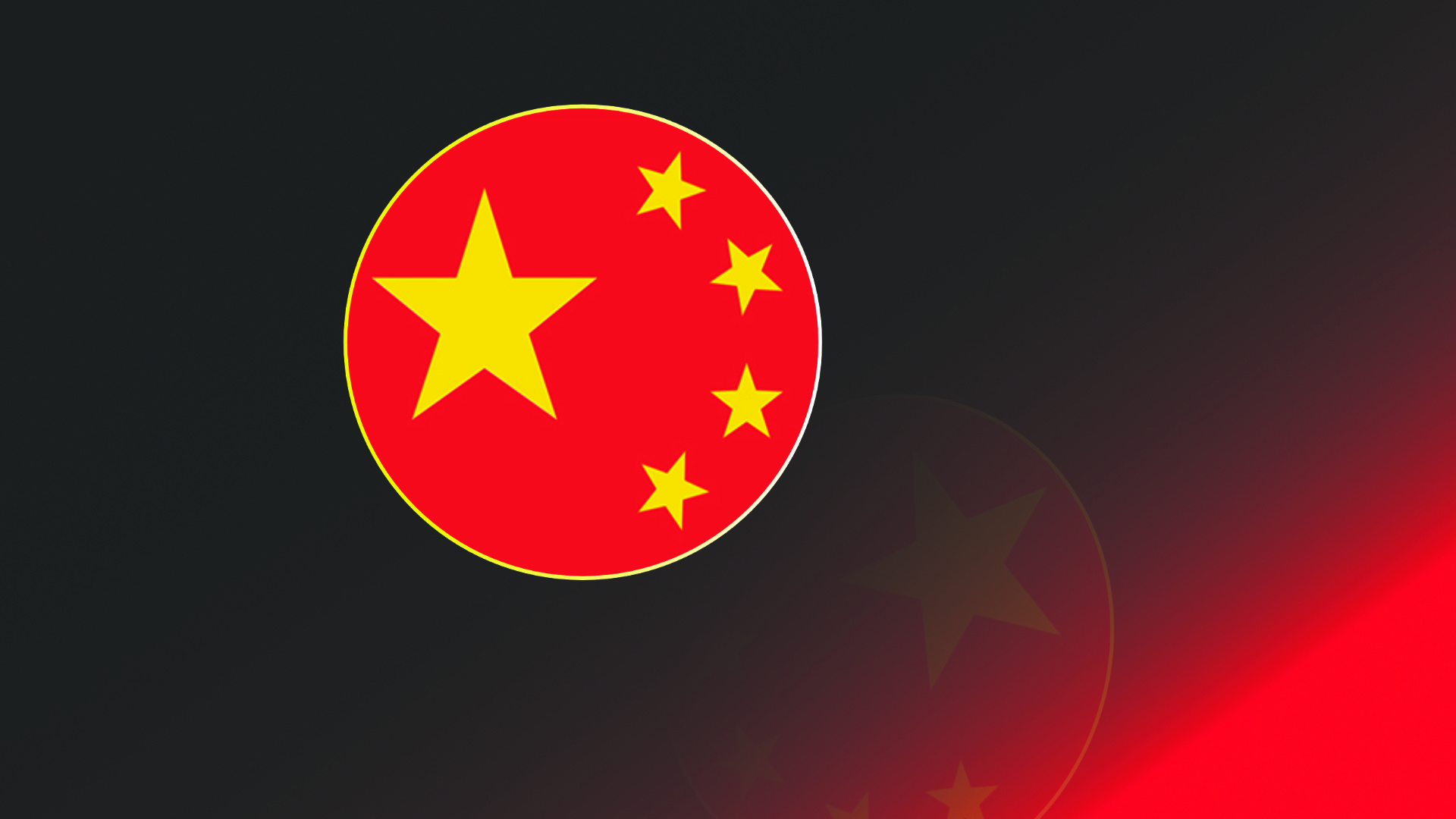The Hegemony of China - The Real Deal
China has increased its hegemonic power after becoming a member of the World Trade Organisation in the early 2000s. China has changed the landscape of the global marketplace and although its political and economic ideologies remain complicated in some parts of China. China has encouraged its global counterparts to understand its journey so that its counterparts can buy into its developmental progress. The accession to the WTO gave China the power to influence its status as a global superpower. The accession gave China the opportunity to switch from communist system to a capitalist system that suited the directional approach that China wanted to pursue.
The Chinese government wanted to change the negative system that allowed China to be at the bottom of the pile for decades. The accessibility to wealth in continents and the ability to do trading deals with multilateral organisations were all in China’s plans. The perception that China wanted to change and the marks that China wanted to leave were all being plotted in a methodical way. In the late 2000s, after its accession to the WTO, China began its hegemonic plot where China began using the market influences to bring its state-owned corporations to the forefront of the global market systems where these state-owned corporations began to trade in the global banking systems. The collapse of the Lehman Brothers and the American banking systems gave China the first opportunity to exploit the banking and financial systems where China could use the foreign direct investment to influence the economic system and pump capital into the global financial system to keep these failing banking networks afloat.
Exploring China’s accession to the WTO has strengthened the understanding of its hegemonic powers in recent years asChina has sustained its economic system and has designed a perfect machine which has been oiled very well. China adapted to laws that changed the Communist regime and it has reshaped the mechanisms to develop institutional legislation that accommodates its global counterparts. The ability to establish a powerful relationship within the WTO began to sustain China’s hegemony in the global world with the Doha Agreement going its way. The Doha Agreement strengthened China’s position as it created support for China in regards to multilateral trading agreements. The appeals and reviews through the DSB (Dispute Settlement Body) rulings created a path for China to exploit the international trading practices and improved its domestic reforms to vigorous policies that enabled its foreign direct investments to work globally.
The increased innovations provided a transformation of economic acceleration that China has always wanted and it provided a fast growth through comparative advantages and the launch of the Shanghai Pilot Free Trade Zone as a development of institutional innovations. The digitalisation of its central bank by using cryptocurrency as a form of trading currency has elevated the position of China in the investment climate and it has increased its global capital reserves.
The lack of privatisation has helped the Chinese government to keep hold of the state-owned companies and influenced their companies to use direct FDI which led to a steady rise of its currency so that they can maintain an innovative economy with a balanced exchange rate. The Chinese government used their platforms of the WTO to maintain relationships with other multinational corporations as state-owned companies started collaborating with corporations under the ‘going global’ initiative. The welcoming of western corporations took China from a peasant outlook to a prominent economic powerhouse that has used the drivers of globalisation to create competitiveness in both its domestic and its international markets.
The capitalist strategy was adopted and many countries in the West feared that a Communist system coupled with elements of capitalism could bring down the system of financial capitalist structure. Although the Chinese state-owned companies had used their capital influence to exploit overseas resources and establish a presence; however, in its domestic market, China encouraged consumerism and this is when the hegemony of China started to take shape.
Consumerism exerted power rights to the Chinese market because laws and regulations were relaxed to promote a lean manufacturing process where labour and raw materials were cheap and affordable, and this provided diseconomies of scale for small and medium enterprises that pursue the idea of internationalisation. Apple Inc. making its products in China, symbolised the sign of economic innovations that was the driver to push barriers of economic greatness. FoxConn changed the innovation dynamics of the world’s leading technological provider and they have shown global citizens and corporations that the Chinese economy is a force.
As the second biggest economy in the world and its role in the BRICS trading bloc, China has extended its economic capabilities to force growth and improve its economic environment. With Huawei and TikTok being successful enterprises, China has been enrolled in a global programme of economic success and ensured that its counterparts are watching them. The elements of being hegemonic are apparent with China as the political influences are getting stronger with an unimaginable economic superpower. The military powers are bound to overtake the US when it comes to the landscape of its military forces.
The implementation of both capitalist and communist systems will enable China to control its people in a way that enforces its citizens to be part of a kingdom. China is building a global kingdom slowly and its hegemony is going to grow because the relationships China has built with trading blocs from different continents show how China wants to use its economic power to influence political and economic decisions in all its operational continents. The dominance of China in Africa allows us to visualise how they want to take the natural resources in Africa and mine it to enhance its infrastructures in its domestic market. The relationship between Africa and China goes deeper into detail where Africans are happy to get away from the Colonialism of the IMF and the World Bank via the implementation of poverty reduction strategies. China gives a new opportunity for African leaders to access a new stream of revenue and wealth, and this has enabled China to flex their muscles allowing them to sustain its hegemony.
The hegemony of China is not questionable as the truths are apparent for all global citizens to see. China will continue to improve its economy and infrastructures and at the same time, remain a capitalist and communist state which brings economic stability and strengthens its political prowess. Relationships that China has built are profound which speaks volumes when the relationship between Africa and the EU are considered. China is not here to fight militarised wars but China is here to overthrow the US as the global superpower and China is not far away from doing that.



